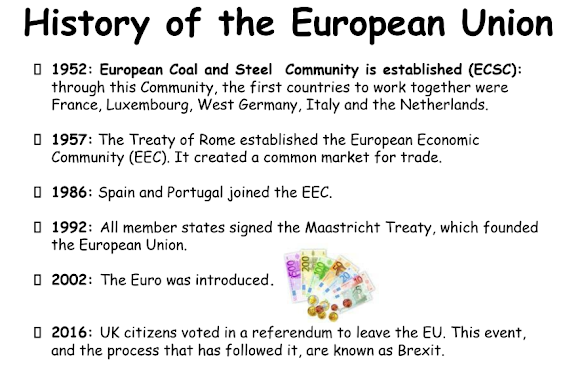Dear students,
It´s time to show if we know how to transform sentences.
He drives his car to school.
Past simple: ________________________________
Negative Past Simple: ________________________
Interrogative Past simple: _____________________
They eat apples before reading their books.
Affirmative Past continuous: _______________________________
Negative Past continuous: _________________________________
Interrogative Past continuous: ______________________________
She studies a little bit every day in May.
Affirmative Present Perfect: _______________________________
Negative Present Perfect: _________________________________
Interrogative Present Perfect: ______________________________
Past simple:
Affirmative Past simple: subject + V-ed (2nd form) + Object //
Negative Past simple: subject + didn´t + V base form + Object //
Interrogative Past simple: Did + subject + V base form + Object ?
Past continuous:
Affirmative Past continuous: subject + was/were + V+ing+ Object //
Negative Past continuous: subject + wasn´t /weren´t + V+ing + Object //
Interrogative Past continuous: Was/were + subject + V+ing + Object ?
Present Perfect:
Affirmative Present Perfect: subject + have/has + Past Participle (P.P.) + Object //
Negative Present Perfect: subject + haven´t/hasn´t + Past Participle (P.P.) + Object //
Interrogative Present Perfect: Have/has + subject + Past Participle (P.P.) + Object ?





